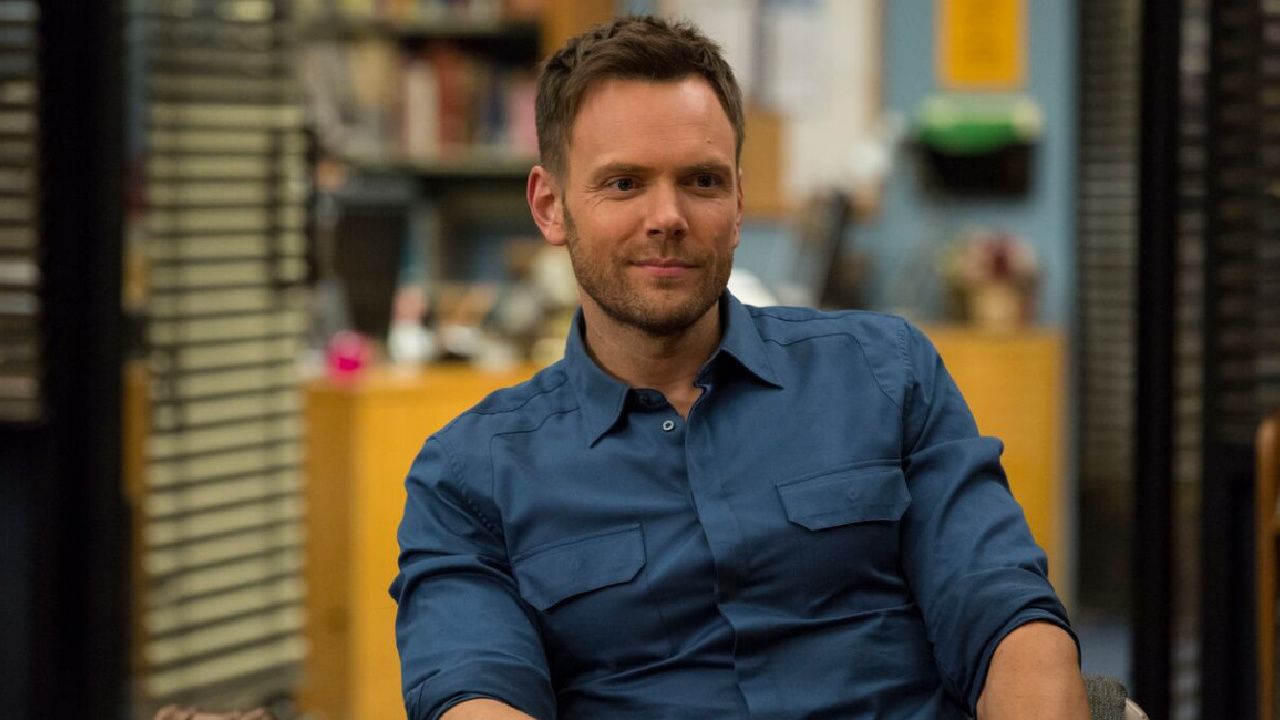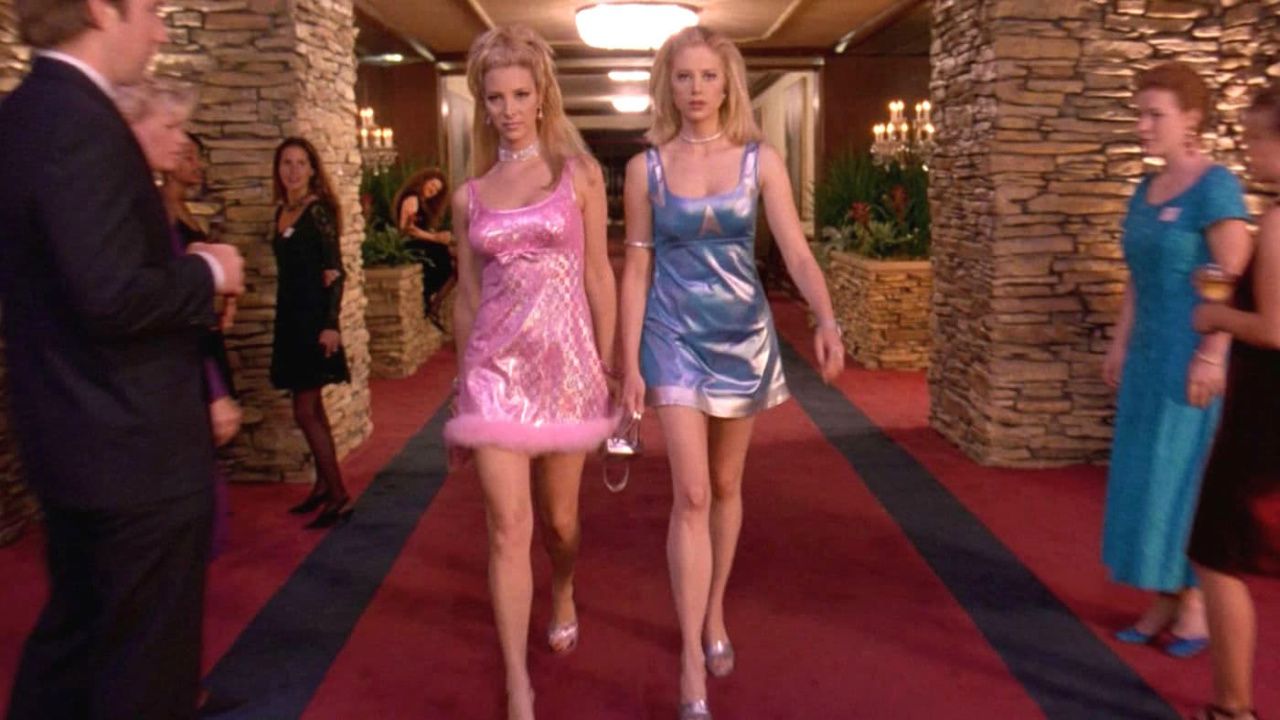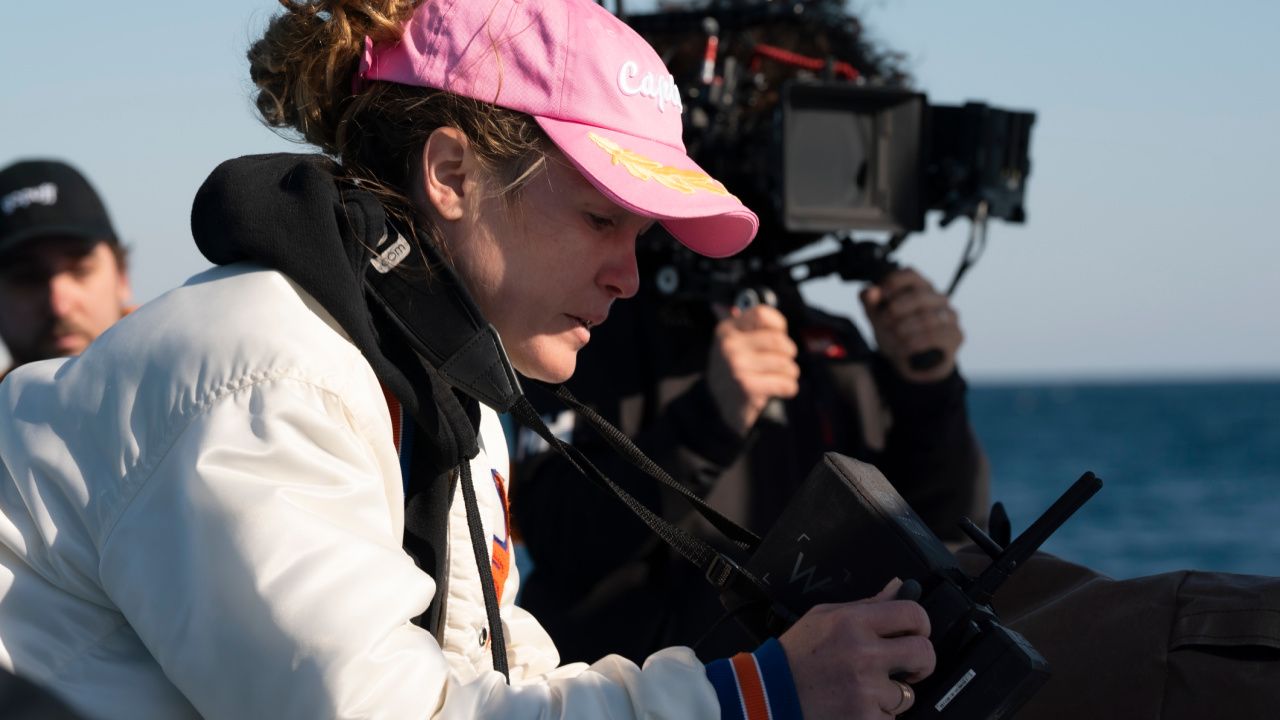WME Partner on Superpowers, Vision

Artificial intelligence (AI) has been a hot-button issue in Hollywood and beyond this year. So it just made sense for the fourth edition of the Red Sea International Film Festival (RSIFF) to put a spotlight on AI in during a Sunday panel at its market, the Red Sea Souk.
“Can AI be a creative partner?” was the title of the session held as part of another full day of activities in Jeddah, Saudi Arabia. The panel, moderated by Saudi businesswoman and AI expert Fatmah Baothman, featured Chris Jacquemin, partner and head of digital strategy at WME, Diana Williams, CEO and co-founder of Kinetic Energy Entertainment, and Jennifer Howell, chief creative officer at Deep Voodoo, the AI and deepfake video company of South Park creators Trey Parker and Matt Stone. And it explored the opportunities and challenges of AI, how it may affect creative jobs, and how AI is currently being used in the entertainment industry.
Jacquemin mentioned that the public hasn’t really seen any major AI movies from Hollywood released so far. “The interest from studios has gone up a lot over the past year,” Howell said though. “We have met with all the studios. We are doing productions with a handful of them.” Everyone is still in the earlier stages of trying to figure out how to use it though, she concluded.
Deep Voodo, which two years ago raised $20 million, has used its technology for such content as YouTube series Sassy Justice and a Kendrick Lamar music video. Deepfakes use AI and machine learning to replace faces on characters. In Sassy Justice, the technology was used to parody Donald Trump and Mark Zuckerberg, among others. And for Apple TV+ series Before, its team took video samples of Billy Crystal’s face to digitally de-age him.
The panel was overall positive on the opportunities that AI will create to speed up production processes and more tedious and technical work, freeing up time for creatives to focus on key creative decisions rather than eliminating most human jobs.
For example, Howell said Deep Voodoo sees AI as “a storytelling tool used by humans for cost-effectiveness, creativity, whatever the case may be.” And Jacquemin called AI “a co-pilot tool,” sharing that WME clients are using the technology particularly “early in the creative process,” for example to create mood boards and visual ideas, or to use ChatGPT for story outlines.
He said that the technology “gives you a certain set of superpowers” that can accelerate the creative process but argued that “unless somebody has an incredible artistic vision, it’s not going to end up making the movie (or any other piece of creative work) better.” He added: “I don’t necessarily believe that it is going to make works that are significantly better than what we are seeing today.”
So where will AI drive job losses in Hollywood? “Actors are incredibly important,” Howell emphasized. “If you’re doing a traditional … deepfake scenario, it’s the actor who’s the puppeteer, if you will, to the puppet.”
Her take: “You can’t have a believable performance without an actor. Other jobs, I think, will shift” though. She mentioned similar changes to employment amid past technology advancements, such as how editors had to shift their skill sets amid the rise of digital tools. “There are going to be shifts more than a dramatic job loss,” she concluded, arguing new roles will be created amid that change. “There was no deepfake artist job five years ago,” for example, Howell highlighted.
Echoed Jacquemin: “There are more productions possible,” even though “there will be jobs that will be eliminated.” And he emphasized: “I think we will see AI effectively democratizing access,” highlighting: “About 20 years ago, when YouTube was created, it ultimately gave birth to an entirely new generation of storytellers.”
Williams highlighted though that the economic and financial impact on industry people from the time savings due to AI are still to emerge. And she noted that IP and copyrights are so key for Hollywood giants that companies will keep them in core focus amid the rise of AI.
“All our movies and TV shows are done in conjunction with all licensed data,” Howell emphasized.
The session started with an on-screen video showing animated speaking voices that, Baothman said, was created by using AI.
Read the original article here






